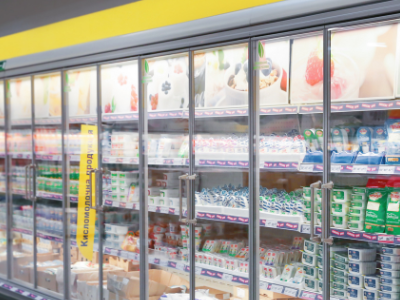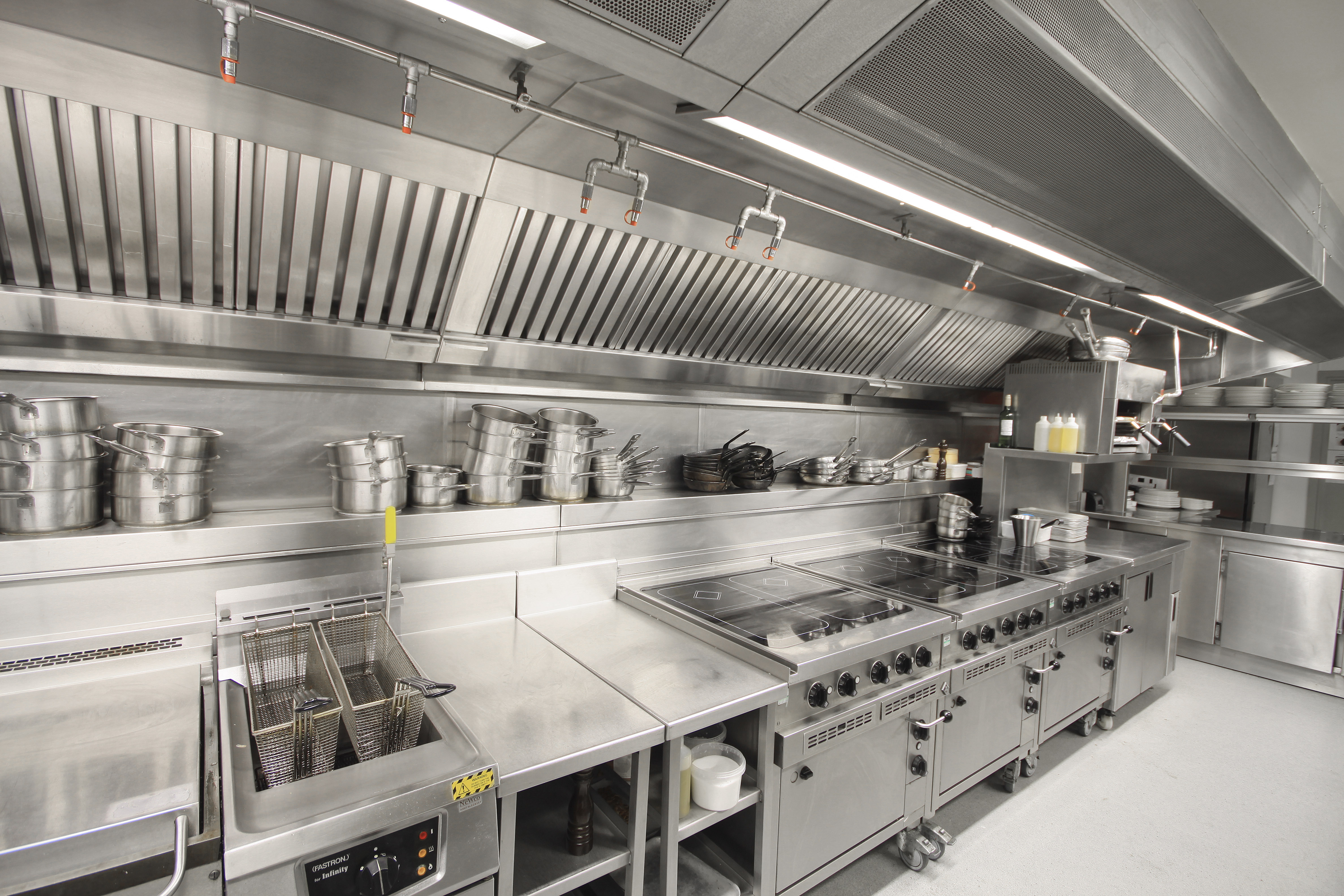In part 2 of our series, we focus on selecting and maintaining used grocery, restaurant, and food service equipment.
In part 2 of our series, we focus on selecting and maintaining used grocery, restaurant, and food service equipment.
In part 2 of our series, we continue the conversation around navigating the process of choosing the best used grocery, restaurant, convenience store, bar, and food service equipment and helping it last. By following these steps, you can obtain long-running, high-quality equipment for great prices. But remember that selecting the best used equipment involves much more than just finding the lowest price. By planning carefully and thoroughly researching, inspecting, and considering all aspects of the equipment and sellers, you can make truly empowered decisions.
Evaluate Environmental Impact and Energy Efficiency
Responsible Sellers
Some sellers are particularly focused on sustainability. In fact, auction houses like SAM Auctions have integrated sustainability heavily into their business practices -- from sourcing sustainable materials for auction items to adopting energy-efficient technologies in their facilities. << About Us - Corporate Sustainability (samauctions.com)>>
Recycling and Disposal
Ensure that any old or non-functional equipment you already have is disposed of responsibly. Many areas have regulations for recycling or proper disposal of commercial equipment.
Eco-Friendly Options
When possible, choose equipment with eco-friendly features, such as low-energy consumption or recyclable materials. Energy efficiency can help reduce operational costs while supporting sustainability efforts, and energy-efficient models, even if slightly more expensive upfront, typically lead to savings over time. These can include features like:
- Energy Star Ratings: These appliances meet specific energy efficiency guidelines.
- Inverter Technology: For refrigeration units, this can improve efficiency and reduce energy consumption.
- LED Lighting: Modern fridges and freezers often feature LED lighting, which uses less energy.
Upgrade Older Equipment
While more modern equipment may include advanced energy management systems that help reduce operational costs, oftentimes older equipment can be upgraded with these systems as well.
Factor in Delivery and Installation
Don’t forget to also calculate the costs of transporting the equipment and installing it upon arrival.
Logistics
Remember to factor in the cost and logistics of delivery. Some sites like SAM Auctions and SAM Marketplace can connect you with vetted freight logistics providers to coordinate your shipments through. Some others offer local delivery services. But many equipment vendors leave it entirely up to you to figure out transportation. Make sure that you are aware of these factors before purchasing, especially if equipment needs to be picked up before a certain date, such as when a business is closing.
Professional Installation
For complex equipment, consider hiring professionals to ensure that it’s installed correctly to avoid operational issues or safety concerns.
Setup Requirements
Verify any specific setup requirements or adjustments needed for optimal operation.
Plan for a Whale of a Scale
Consider how the equipment will fit into your future growth or any upcoming plans you have.
Scalability
Ensure that the equipment can handle potential future increases in demand or volume. If your business is scaling steadily, it may be wise to consider equipment that can handle your growing needs, whether that means larger commercial ovens, cooktops, or mixers, larger commercial refrigeration systems, more shelving, etc.
Expansions
If you’ve been considering expanding your location’s footprint, consider larger-scale equipment now, rather than having to re-purchase and reinstall larger equipment in the near future. No one has ever complained about having too much oven space or too large a cooktop to work on.
Offer Proper Training
Once you’ve purchased and installed your equipment, make sure that your staff is properly trained on how to use and maintain it.
Operational Training
Make sure that employees understand how to use the equipment efficiently and safely. Prevent potential safety hazards and injuries by being proactive.
Maintenance Training
Train staff on basic maintenance tasks to prolong the equipment’s lifespan. Designate times to inspect the equipment’s condition, and have it maintained by professionals regularly.
Evaluate Total Cost of Ownership
Initial Purchase Price
This is the upfront cost of buying the equipment.
Operational Costs
This includes energy, maintenance, and repair costs.
- Energy Consumption: Older models might consume more energy compared to newer, more efficient models. Consider the potential increase in utility bills.
- Maintenance Costs: Factor in regular maintenance costs, as well as potential repairs or parts replacements.
Depreciation
Consider how the equipment will depreciate over time and its potential resale value should you ever choose to resell it. Just like with vehicles, buying used equipment, or new equipment sold below retail cost, can keep the depreciation significantly lower than buying new.
Knowing that you’re making the right equipment decision before clicking “buy now” or placing a bid requires a multi-step, tactical approach. But taking the time to find high-quality, reliable equipment that fits your budget, needs, and priorities will pay off exponentially, helping enhance your business operations, whether you’re outfitting a new location or upgrading an existing one. Consider the time spent on these steps an investment in your business’ success, and if you're ready to begin your buying journey, SAM is always ready to help demystify the process and lend you an expert opinion to help you get exactly what you need.
Recent Posts
Commercial refrigeration equipment represents one...
The phrase "New Year, New Me" is commonly used to...
This Holiday Season, Unwrap the Savings and...
Posts by Tag
- Surplus Asset Management (5)
- Corporate Sustainability (4)
- Equipment Sales (4)
- Grocery Store Auctions (4)
- Auction Options (3)
- Removals (3)
- Used Grocery Equipment (3)
- Restaurant Equipment (2)
- POS systems (1)
- Refrigeration Equipment (1)
- Sustainability (1)
- Used Restaurant Equipment (1)
- auctions (1)
Popular Posts
In this current economic climate it’s not...
Whether you’re looking to start a restaurant...
The push for every industry to “go green” is not...






.png)